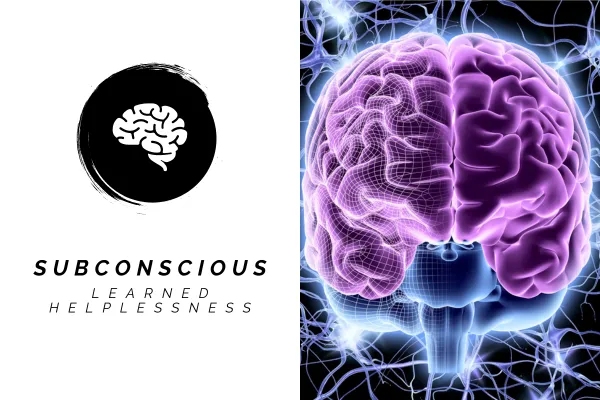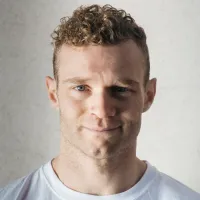RESOURCES
Here you will find useful blogs, free downloads, infographics, NFE brand partners (and discounts) and more to help you progress with your sport nutrition coaching education.
NFE NEWSLETER BLOGS

Is Your Subconscious Blocking Your Progress?
“Honestly, sometimes I get really fed up of my subconscious - it's like it's got a mind of its own.” - Alexei Sayle
Could your subconscious be blocking you from long-term nutritional success?
You know how to eat well, but do you feel something is blocking you?
Last week I was reading (well listening actually) to the book, “How Champions Think” by Dr. Bob Rotella and it got me thinking about why some of us struggle to follow through with healthy eating despite knowing what to do.
I thought I should jot down a quick email in case I can help shift your mindset in 2024 to one that makes it easier for you to eat well in the long term. Hopefully, this comes at a good time as that new year's wave of motivation is likely to fizzle soon, if it hasn't already.
Could it be your subconscious mind is causing something called ‘learned helplessness”?

Are you unintentionally performing learned helplessness?
Here is an example: the conscious YOU makes a decision to eat better next week, so you tell a friend…
"Hey James, I am going to eat more vegetables next week. I might do an online food order and buy some leafy greens."
Can you see it? It's not that obvious to be fair.
Your conscious brain thinks you are committing by saying this, but your subconscious brain has given you an out, just in case you don't do it. This may be a habit that, unknown to you, has been ingrained in your brain over your entire lifetime. So although it may seem small, to the extent that you may not have noticed it, your subconscious brain has added the word "might".
Now, when "life happens" and you forget to do your online food order, the self-fulfilling prophecy of “learned helplessness” comes true because you didn’t fully commit.
Stop saying hedging words
Here is another, more obvious example:
"Maybe I will plan my meals next week."
This statement seems really positive on the surface, but consider the different message your subconscious brain is getting when you say it again without the maybe. "I will plan my meals next week." This is so much more powerful. Suddenly it is in your control!
The mad thing is that this doesn't even have to be a sentence you say out loud to somebody. It can be a thought. This is why I now want to encourage you to consider your internal narrative.
From my coaching experience, a lot of the time clients do not realise they are adding hedging words like might, maybe, if, could, may, should, likely, possibly and many more when they make commitments. So how can we change this?

How do you change
Those who have read “Atomic Habits” will be familiar with the first step to changing a habit which is to get clarity on the habit. I hope this email prompts you to consider your narrative and any accidental “learned helplessness” language. I want you to notice when you say (or think) one of these words when you are committing to something. I want you to start catching yourself when you say or think something with one of these hedging words.
"Hopefully, I won't eat too much popcorn at the cinema"
Ah, hang on… I said "Hopefully!"
Say it again out loud without the hedging word. Suddenly you are now going to the cinema with a completely different mindset, feeling in control of your actions, either consciously or subconsciously. This will have a positive knock-on effect on your nutritional decisions.
If you feel this email has hit the spot and you want to consider changing this habit, may I make a suggestion? Recruit a significant other or anyone you spend a lot of time with to police you on your use of hedging words. It may be annoying, but it will help you gain clarity on this behaviour, so you can make a change sooner.
Finally - I would recommend the book that I mentioned at the start “How Champions Think” by Dr. Bob Rotella. There are some handy sports psychology tips in there and a lot of examples with top sports performers.
Energetically - James
NFE SPORT NUTRITION Q&A BLOGS

Is Your Subconscious Blocking Your Progress?
“Honestly, sometimes I get really fed up of my subconscious - it's like it's got a mind of its own.” - Alexei Sayle
Could your subconscious be blocking you from long-term nutritional success?
You know how to eat well, but do you feel something is blocking you?
Last week I was reading (well listening actually) to the book, “How Champions Think” by Dr. Bob Rotella and it got me thinking about why some of us struggle to follow through with healthy eating despite knowing what to do.
I thought I should jot down a quick email in case I can help shift your mindset in 2024 to one that makes it easier for you to eat well in the long term. Hopefully, this comes at a good time as that new year's wave of motivation is likely to fizzle soon, if it hasn't already.
Could it be your subconscious mind is causing something called ‘learned helplessness”?

Are you unintentionally performing learned helplessness?
Here is an example: the conscious YOU makes a decision to eat better next week, so you tell a friend…
"Hey James, I am going to eat more vegetables next week. I might do an online food order and buy some leafy greens."
Can you see it? It's not that obvious to be fair.
Your conscious brain thinks you are committing by saying this, but your subconscious brain has given you an out, just in case you don't do it. This may be a habit that, unknown to you, has been ingrained in your brain over your entire lifetime. So although it may seem small, to the extent that you may not have noticed it, your subconscious brain has added the word "might".
Now, when "life happens" and you forget to do your online food order, the self-fulfilling prophecy of “learned helplessness” comes true because you didn’t fully commit.
Stop saying hedging words
Here is another, more obvious example:
"Maybe I will plan my meals next week."
This statement seems really positive on the surface, but consider the different message your subconscious brain is getting when you say it again without the maybe. "I will plan my meals next week." This is so much more powerful. Suddenly it is in your control!
The mad thing is that this doesn't even have to be a sentence you say out loud to somebody. It can be a thought. This is why I now want to encourage you to consider your internal narrative.
From my coaching experience, a lot of the time clients do not realise they are adding hedging words like might, maybe, if, could, may, should, likely, possibly and many more when they make commitments. So how can we change this?

How do you change
Those who have read “Atomic Habits” will be familiar with the first step to changing a habit which is to get clarity on the habit. I hope this email prompts you to consider your narrative and any accidental “learned helplessness” language. I want you to notice when you say (or think) one of these words when you are committing to something. I want you to start catching yourself when you say or think something with one of these hedging words.
"Hopefully, I won't eat too much popcorn at the cinema"
Ah, hang on… I said "Hopefully!"
Say it again out loud without the hedging word. Suddenly you are now going to the cinema with a completely different mindset, feeling in control of your actions, either consciously or subconsciously. This will have a positive knock-on effect on your nutritional decisions.
If you feel this email has hit the spot and you want to consider changing this habit, may I make a suggestion? Recruit a significant other or anyone you spend a lot of time with to police you on your use of hedging words. It may be annoying, but it will help you gain clarity on this behaviour, so you can make a change sooner.
Finally - I would recommend the book that I mentioned at the start “How Champions Think” by Dr. Bob Rotella. There are some handy sports psychology tips in there and a lot of examples with top sports performers.
Energetically - James
USING FOOD TO IMPROVE PERFORMANCE


